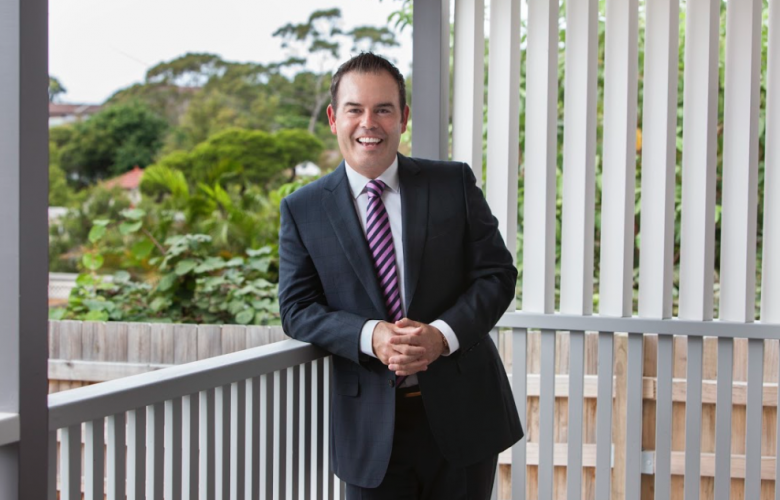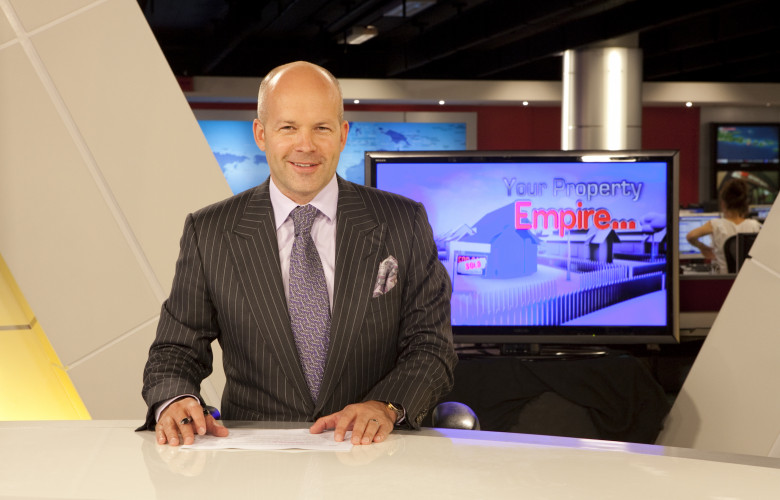Industry expert warns ‘caveat emptor’ against leasehold property
Contact
Industry expert warns ‘caveat emptor’ against leasehold property
Chris Gray, buyer’s agent and host of Sky News Real Estate warns leasehold property purchases are too risky.
Chris Gray, buyer’s agent and host of Sky News Real Estate – Smart Investing says leasehold property purchases are too risky and what is actually being purchased needs to be understood better.
Unlike freehold land, if you purchase leasehold property you will not own the land, but ‘rent’ it for a certain period of time.
This can vary depending on the owner but is normally 99 years, and usually from the State Government (also known as Crown land).
He says it is not uncommon for new developments in Sydney’s CBD and The Rocks to be built on leasehold land with a term as short as 99 years, and raises the question for Sydney-siders: what happens at the end of the 99-year lease?
Mr Gray told WILLIAMS MEDIA “It’s safe to say that there are several thousand leasehold properties in Sydney, and while the end of most of these leases is a long way off, there will come a time when the value of these properties will start to diminish if the owners of the land remain undecided about what to do at the end of the lease term.”
"One indication of what may lie ahead can be taken from the experience of property owners in the highly prized Fairy Bower neighbourhood in Manly. In Bower Street, properties sit on Catholic Church-owned leasehold land.”
"Following lobbying by locals, the Church agreed to extend their leases beyond the 2031 expiry date at a cost of one per cent of the full property value for each year of extension. To purchase what is effectively one per cent – a 20-year extended lease on the land – will cost an owner of a $1 million house $200,000,” he continued.
Mr Gray said applying the one per cent rule would mean that a purchaser of a property on a 99-year lease could effectively be doing no more than purchasing the lease itself. Applying a linear depreciation cost against the lease, a property purchased for $50 million would be depreciating by around $10,000 a week.
He cites his own experience as a buyer’s agent, to warn of the potential ramifications of these 99-year leases.
“We have bought hundreds of properties over the last three decades for both my own portfolio, and on behalf of my clients. Our mantra is that you should always invest in property for the long term – never sell, if you can avoid it."
Tim Reardon, principal economist at HIA discussed property in the ACT where all land is leased and owned by the Commonwealth.
Mr Reardon told WILLIAMS MEDIA if the right contractual arrangement is in place there is no difference between a 99 year leasehold and a freehold property.
"The cost of extending the lease is just the cost of administration associated with it."
"All indications are that there will continue to be no economic difference between leasehold and freehold land."
Chris Wilkins from Ray White Drummoyne in Sydney said there are no risks associated with purchasing leasehold property as it simply just a different form of ownership.
“There are always terms and conditions that present risks with any property that is leased, and they will vary from property to property."
“Some leasehold property titles are owned by the government so they can become quite complicated in relation to use and what you can and can’t do."
While Mr Wilkins said there is no danger, he told WILLIAMS MEDIA it’s important for any buyer to go in with their eyes wide open.
He added there are some very successful businesses that are operating out of leasehold properties, for example Sydney’s King Street Wharf.
Related reading:
The 8 worst property investment mistakes
My advice to first time property investors
'Super City' Sydney seventh on Knight Frank foreign investment list






